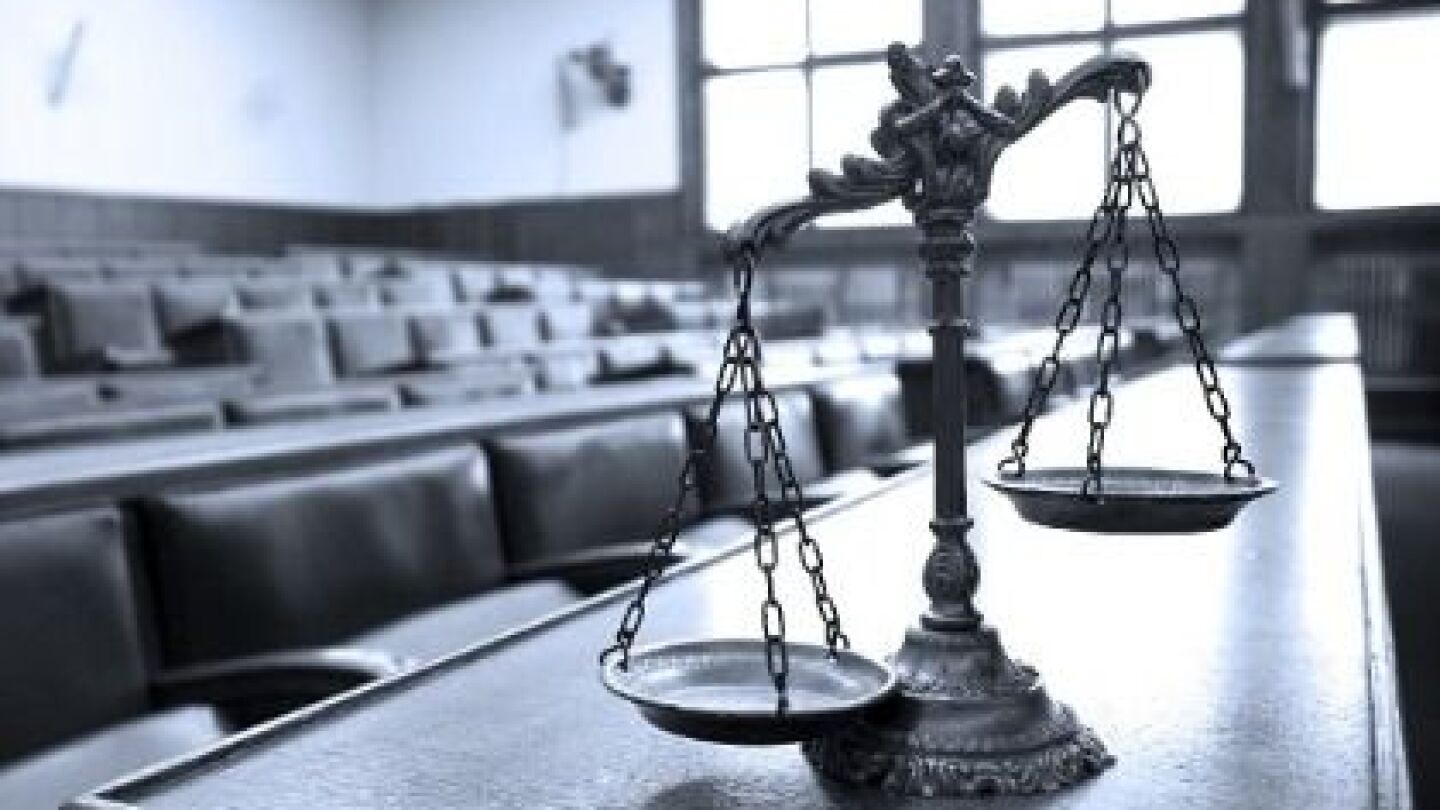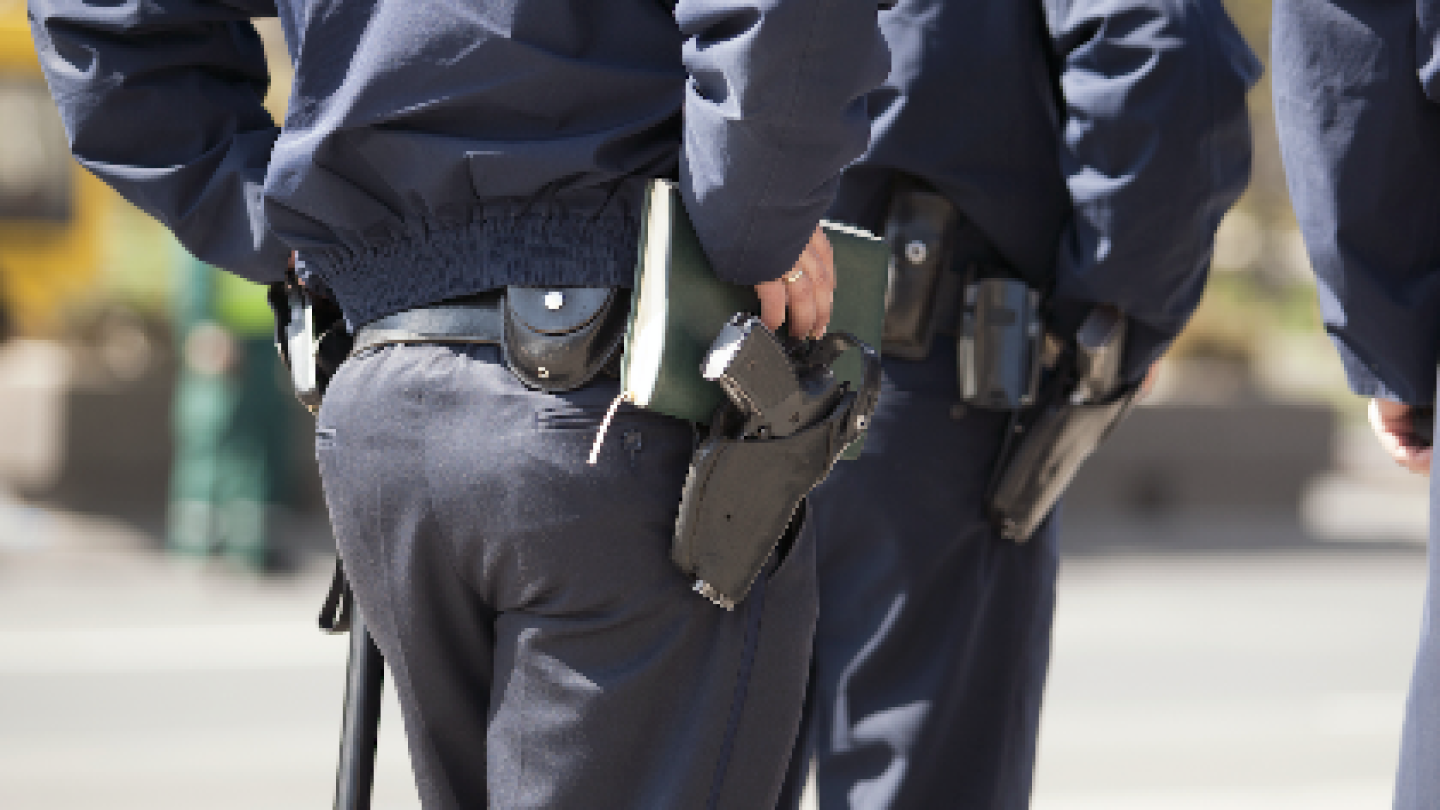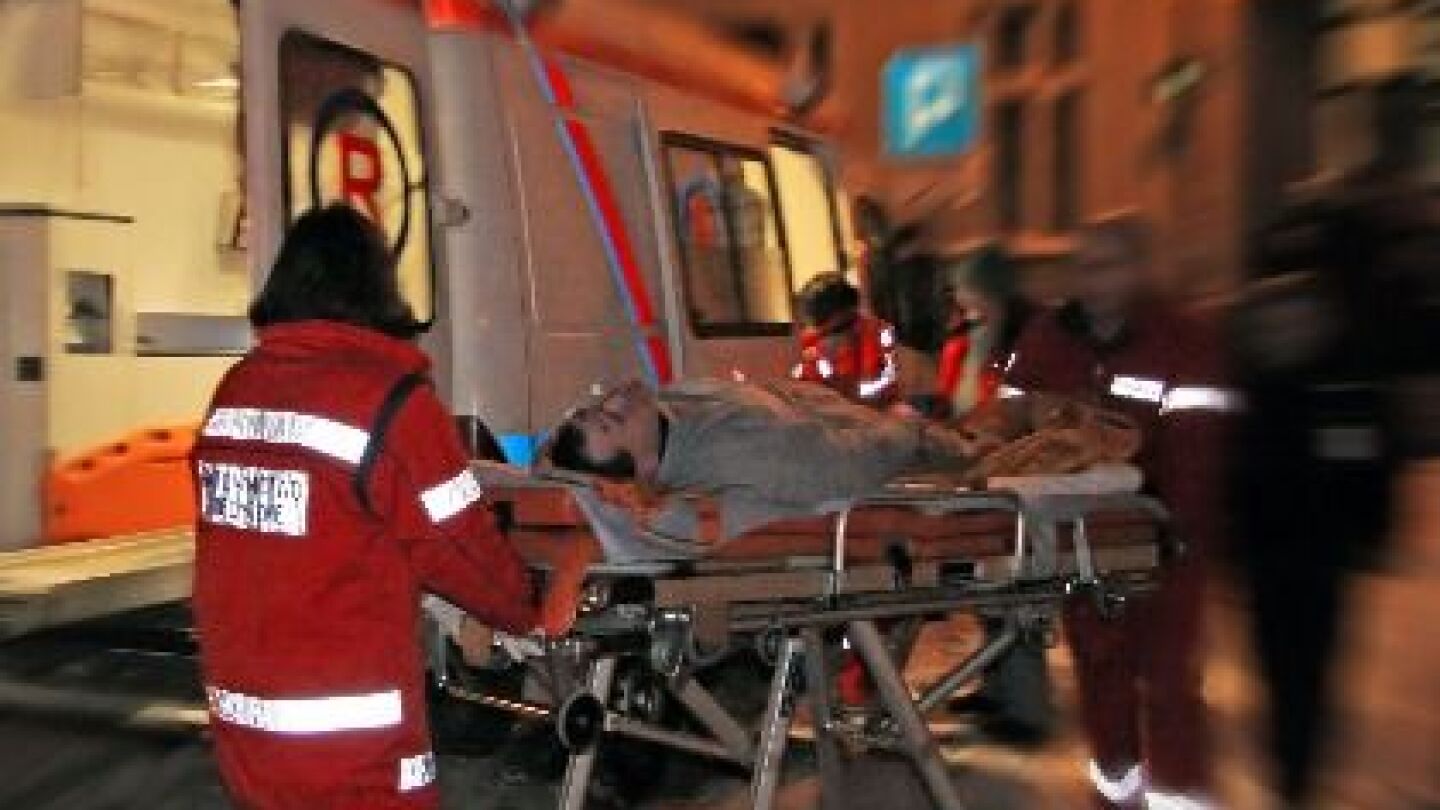American Military University
How law enforcement officers are learning to cope with the effects of trauma and stress
The most dangerous weapon so far in terms of Westerner recruitment has been the Islamic State’s ability to characterize smaller acts of terrorism as being valuable and important
There is no single answer to the cause of mass school shootings, but it goes much deeper and further than issues of gun control and mental illness
Officers must make life and death decisions and conduct investigations into criminal acts much like physicians investigate what’s ailing a patient
The therapy was developed in response to the high rate of trauma and suicide rates within the combat veteran community
The road to justice is difficult, so recognizing our inconsistent beliefs and justifications is paramount to acting appropriately
To avoid becoming a YouTube star, police officers should aim to be as boring as possible when a member of the public is recording them
CrossFit is a high-intensity fitness program that can improve physical conditioning and versatility, both of which improve police performance
Touch is likely the most important physical activity a law enforcement officer will engage in during their police career
It is imperative that agencies implement strategies to help police officers address the adverse effects of job-related stress
Data collection and analysis techniques currently employed in the intelligence field are paving a new way for agencies to combat human trafficking
In the absence of comprehensive tests for proving or disproving PTSD claims, LE administrators frequently express concerns with fraud and abuse
Cynicism, just like bitterness, can be a personality cancer and ruin your ability to experience true joy and engage in significant relationships
As the stigma of seeking help in the aftermath of trauma dissipates, our “community superheroes” have more and more tools for recovery at their disposal
As the country struggles to make sense of the massacre in Las Vegas, it is important that the needs of those who responded to the scene are not overlooked
As public safety professionals, we tend to do a really great job of helping and comforting others in times of need
Mental health struggles and stress remain among the most prevalent yet unacknowledged issues in policing
Law officers need these tools to help them recognize and manage the negative effects of job stress and PTSD
Officers should consider the many benefits and uses for de-escalation techniques
While technology has undoubtedly been beneficial for policing, many of these advancements have also had adverse—and often overlooked—impacts on policing
If officers know how their bodies respond to stress, they can actively engage in strategies to combat their negative effects
Sometimes acute stress puts us on our back immediately, whereas at other times, stress hurts us a little at a time
Over time, if occupational stress is not properly managed, officers may experience life-threatening consequences
Considering how many individuals transition between the military and law enforcement, we can begin to understand the high rates of PTSD among police
Those conducting illegal activity on the Darknet are often technologically savvy individuals who are on the lookout for officers
A lot of the time, officers are referring to the stress from their job, but they may not realize how the cause of their stress can be broader than that
Ongoing exposure to trauma can often affect a person’s ability to function both in their personal and professional life
Officers must keep their minds sharp and be able to analyze situations quickly and effectively so that they—and their colleagues—return home safely
Strain that leads to stress occurs through years of traumatic incidents and stressful experiences, which accumulate and often lead to psychological and physical health problems
MOST POPULAR
- Recovering from Orlando: The role of a Critical Incident Stress Team
- Putting experience to work: The value of a formal mentoring program
- The role of local police in the war against terrorism
- How to use social media to investigate missing child cases
- After-action report: Learning from Baltimore’s response to riots































